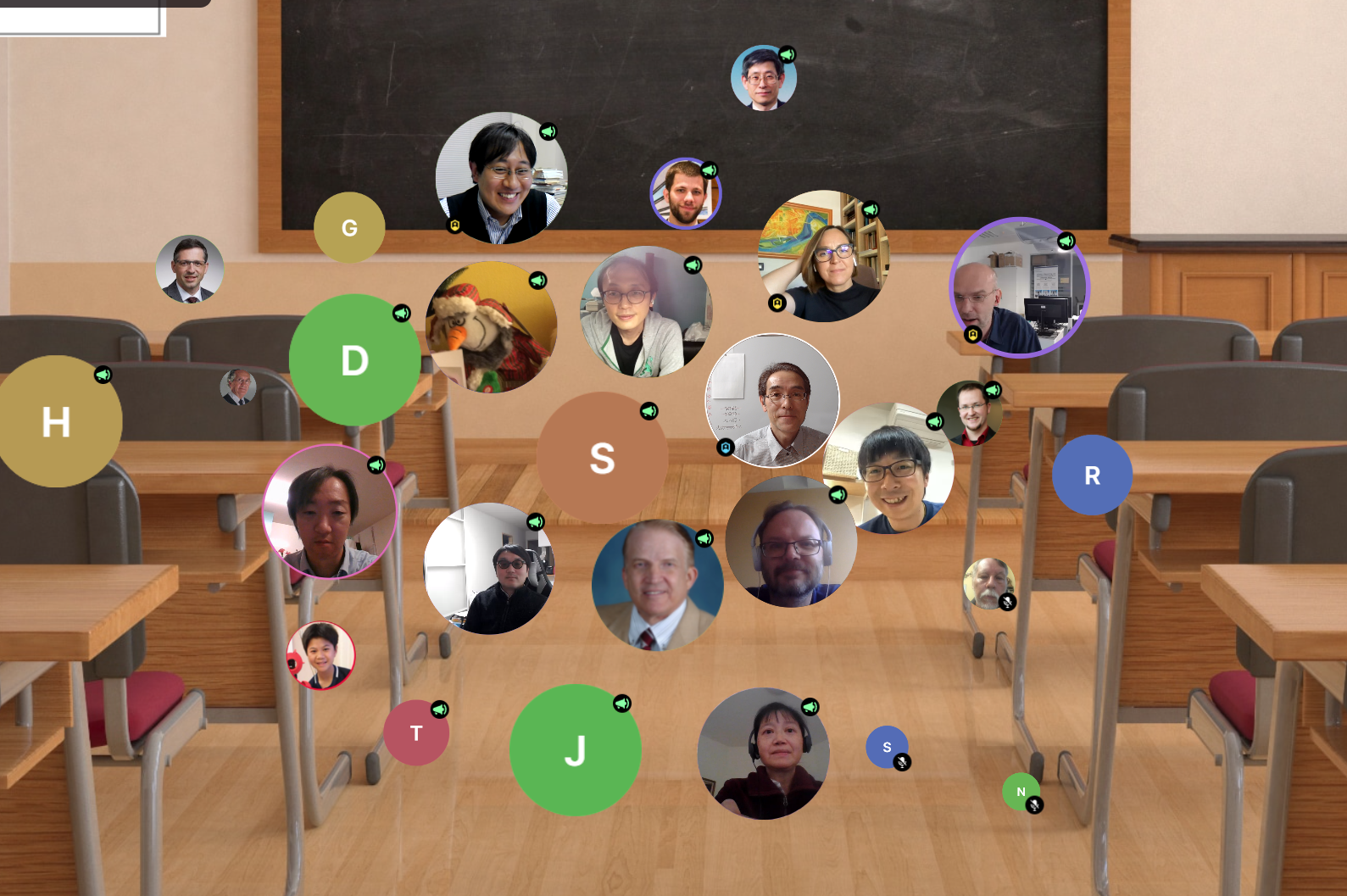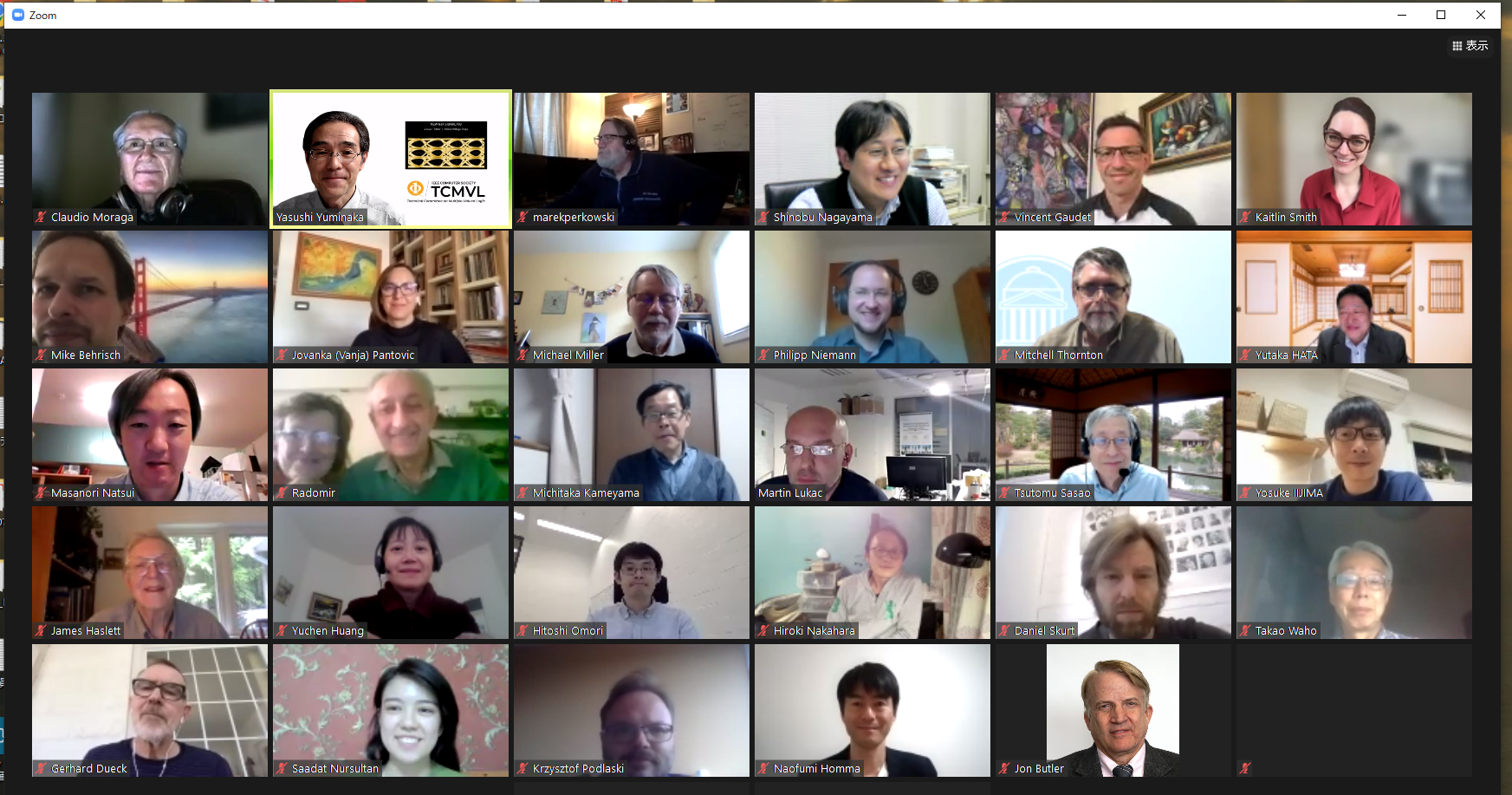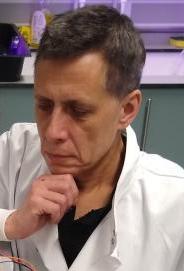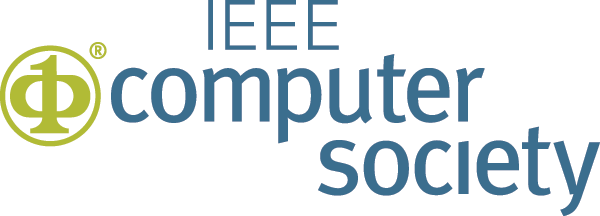


ISMVL 2021, May 25-27, 2021, Nursultan, Kazakhstan
Fully Virtual
The Symposium has been closed.Thank You for Attending the 1st Virtual Symposium!
See You Next Year.


The Technical Committee on Multiple-Valued
Logic of the IEEE Computer Society will hold its 51st annual
symposium in Nursultan, Kazakhstan fully online,
on May 25-27, 2021.
IEEE has been monitoring the developing Coronavirus outbreak.
The safety and well-being of all conference participants is our priority. After studying and evaluating the announcements, guidance, and news released by relevant national departments, we are sorry to announce that ISMVL 2021, scheduled to be held in Nursultan, Kazakhstan, is changed to Fully Virtual .
To access the webpage for virtual conference, user ID and password are required. They are sent via email after registration.
Thank you for your understanding,
Martin Lukac, Symposium Chair
The symposium will bring together researchers from computer science, engineering, mathematics, and further disciplines to discuss new developments and directions for future research in the area of multi-valued logic and related fields. Research papers, surveys, or tutorial papers on any subject in these areas are within the scope of the symposium.
The proceedings of ISMVLs are in the Ei compendex that is the broadest and most complete engineering literature database available in the world.
The following invited speakers will present their cutting-edge research results:
 Prof. Andrew Adamatzky (University of the West of England Bristol, United Kingdom) Title: Unconventional Computing Abstract: The unconventional computing is a niche for interdisciplinary science, cross-bred of computer science, physics, mathematics, chemistry, electronic engineering, biology, material science and nanotechnology. It aims to uncover and exploit principles and mechanisms of information processing in and functional properties of physical, chemical and living systems to develop efficient algorithms, design optimal architectures and manufacture working prototypes of future and emergent computing devices. The recent advances in the field are too vast to even list in one talk, so I will focus on my personal achievements in the field. I will demonstrate computer modelled and experimental laboratory prototypes of computing and sensing devices implemented with cytoskeleton polymers living plants, fungi and slime mould. Three families of unconventional computing/sensing devices will be considered: spiking of voltage, morphological and collision-based. In computational devices based on spiking activity, data are represented by electrical impulses injected in the a system from input electrodes and results are interpreted as combinations of spikes on the output electrodes. In the morphological computers data are presented by configurations of attractants and repellents and results are given by a physical reconfiguration of the living substrate (protoplasmic network, roots, mycelium). In the collision-based computers data are presented by physical and chemical stimuli of the substrate, computation is implemented by spikes of electrical activity propagating in the substrate and results of the computation are recorded as spiking activity in dedicated parts of the substrate. |
|
Prof. Nobuyuki Matsuda (Tohoku University, Japan) Title: Quantum Information Processing Using Integrated Photonics Abstract: Smallness, stability, tuneability and large optical nonlinearity of on-chip photonics devices have proven useful for quantum information processing experiments using photons. In this talk, we review our silicon- and silica-based waveguide devices for the generation and manipulation of quantum states of light on a chip as well as their applications. |
 Prof. Libor Barto (Charles University, Czech Republic) Title: Minimal Taylor Clones Abstract: Clones, i.e., sets of multivariate functions on a common domain that are closed under forming term operations, govern the computational complexity of broad classes of computational problems, including the fixed template constraint satisfaction problems (CSPs). To each such a CSP one assigns a certain clone (which consists of those functions that preserve constraint relations) and then the "larger" is the associated clone, the "easier" is the CSP. As conjectured by Bulatov, Jeavons, and Krokhin (2005), and confirmed Independently by Bulatov and Zhuk (2017), a CSP is solvable in polynomial time if the associated clone is Taylor, and is NP-complete otherwise. In a joint work with Brady, Bulatov, Kozik, and Zhuk we initiated a systematic study of minimal Taylor clones, i.e., clones that correspond to the "hardest" polynomial-time solvable CSPs. The aim of the talk is to explain some of the motivations and selected results of this work. |
In conjunction with the symposium, the following PhD forum and workshops will be held.
» ACeSYRI PhD Forum
(May 24, 2021)
» 30th International Workshop on Post-Binary ULSI Systems
(May 28, 2021)
» Reed-Muller 2021 Workshop
(May 28, 2021)
The 51st International Symposium will take place from May 25 to 27,
2021 in Nursultan, Kazakhstan fully online.
Interested researchers are invited to submit original research
papers, surveys, or tutorial papers.
Sponsors:



» The program of ACeSYRI PhD Forum has been added on May 22, 2021.
» The online proceedings has been available at here on May 20, 2021.
» The webpage to access pre-recorded videos has been added on May 18, 2021.
» Final Program has been added on May 18, 2021.
» Call for Contributions to PhD Forum on May 24 has been added on May 1, 2021.
» Tentative Program has been added on April 21, 2021.
» Presentation Guidelines have been added on April 18, 2021.
» Information on Invited Speakers has been added on April 14, 2021.
» The registration site has been opened on April 14, 2021.
» A link to the 30th International Workshop on Post-Binary ULSI Systems was added on Jan. 9, 2021.
» Submission Deadline was extended to December 28, 2020.
» The page for Paper Submission has been open since Oct. 16, 2020.
» This site was open on Aug. 31, 2020.


» Paper Submission Deadline:
November 1, 2020 (extended!)
Abstract: December 21, 2020
Manuscript: December 28, 2020
» Notification of Acceptance:
February 1, 2021 (extended!)
March 1, 2021
» Camera-Ready Version:
March 1, 2021 (extended!)
April 1, 2021
» Early Registration Deadline:
April 23, 2021
» Symposium:
May 25-27, 2021
» ACeSYRI PhD Forum:
May 24, 2021
» ULSI Workshop:
May 28, 2021
» RM Workshop:
May 28, 2021

